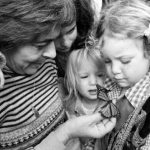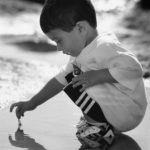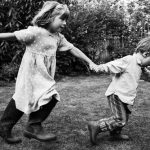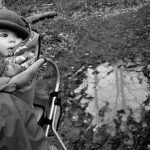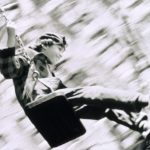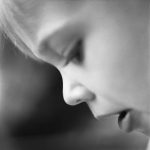Knowledge and research tends to move in cycles… and as older pieces of legislation or research resurface it often fuels new discoveries. Sometimes, though, we discover that people from around the world have gotten some things right all along…. Things that we ourselves are just uncovering!
The United States is a unique environment for early education. We see ample evidence that open-ended play is an ideal preschool practice. However, we also feel driven to teach our children how to compete in a world environment, often from the first Baby Einstein plaything we purchase.
So, what’s the balance? Do we drive or do we facilitate? How can we be sure that children are learning, even before they can tell us?
The OECD Thematic Review of Early Childhood Education and Care Policy cites a Policy Amendment issued by the Finnish government in 2000 that we thought was very progressive… and true:
A child is not just an object and receiver of activity, but he or she is an active participant in a communal learning event. According to the current belief, learning has a strongly social character. A child learns together with others. The adult is no longer the only one who knows or creates knowledge, but learning is perceived as active analysis of one’s own knowledge structure, which is founded on the child’s own experiences and beliefs. Objectives are not expressed in terms of changes occurring in children, but they are set for the learning environment.*
Our primary objective, then, should be to create a rich learning environment. We trust that children want to learn and will learn in suitable circumstances. What does this mean?
There are two action points we can take away as parents who care deeply about our children’s educational success:
1. Indulge in meaningful learning experiences with your young child.
These can be as simple as lingering outdoors at sunset in silence and watching the sky change or choosing a children’s museum over a movie. Make the moments count and follow your child’s lead as they pursue their own interests.
2. Reflect on what you experience.
This includes everything: the everyday things, the mundane things… life happens in these moments when laundry becomes a math moment as you sort colors or sizes, as cooking breakfast transforms into an imaginative family competition of building toast towers, as you let your little one leave the playground and bounce into an open field to pick weeds… talk about it, talk about it, talk about it. What do you see? What do you feel? What does it mean?
We are not the determiners of our children’s future. Maybe the Finnish were onto something 10 years ago… and maybe it can help us nurture our precious children into brighter futures now!
“Ei omena kauas puusta putoa.”
A Finnish Proverb, “The apple doesn’t fall far from the tree.”
*http://www.oecd.org/finland/2476019.pdf

